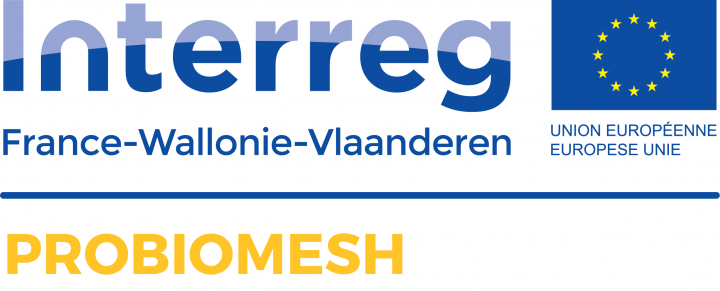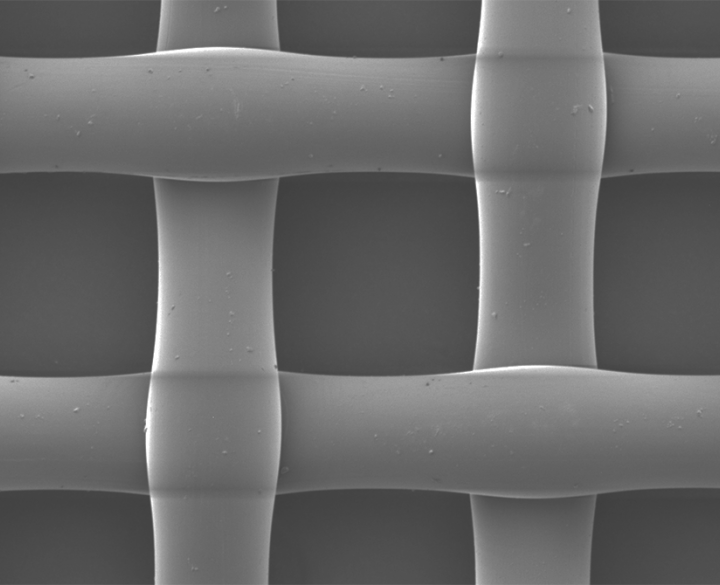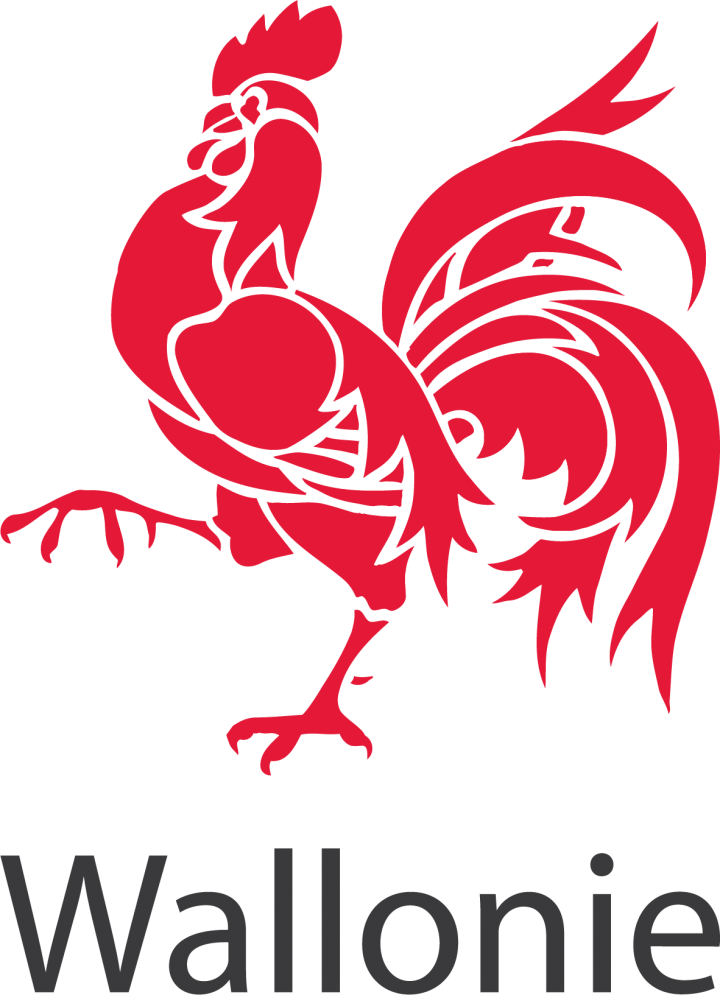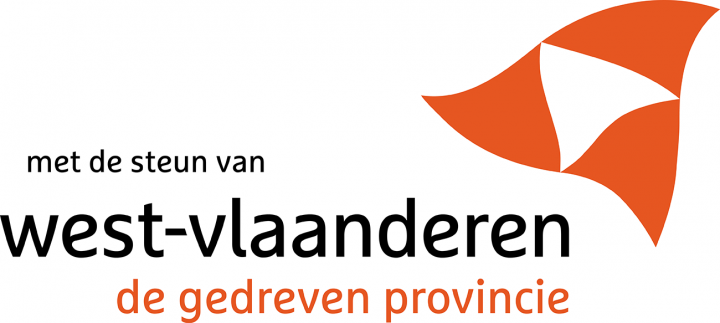
Avec le soutien du Fonds européen de développement régional
Met steun van het Europees Fonds voor Regionale Ontwikkeling
More information
Pelvic organ prolapse (POP) is characterized by the descent of pelvic organs from their normal positions. The condition usually occurs when a woman's pelvic floor collapses due to age or successive pregnancies. POP affects one in three women, or more than 2 million women in the region Belgium and Hauts-de-France and even 60% of women over 60.
Because of the inherent pain, discomfort and impact on the social life of women, the demand for surgery is growing, although the existing solutions are not satisfactory.
The aim of this interregional collaboration is to realise semi-resorbant textile reinforcing implants to treat POP.
Technological routes of the PROBIOMESH project:
- design and realisation of semi-resorant implants with controlled mechanical behaviour, evolving over time (according to the specifications in line with the needs of gyneacological surgery)
- managing the in vivo evolution of the mechanical behaviour of the implants: development and validation of a predicting model that will assess the impact of the healing process on the mechanical behaviour of the implants
- realisation of implants with in vivo mechanical behaviour according to the reinforcement aim
- realisation of implants according to the requirements of surgeons and patients in the field of in vivo tolerance
The physiological implant will reply to the medical demand, because it is better suited for the pelvis aera and above all because of its less rigid mechanical properties.
The existing implants are derivates from implants used in visceral surgery and therefore not adapted to the specific mechanical requirements in the field of genital prolapse. This results in failes surgeries and discomfort for the patient. In particular, the mechanical behaviour of the reinforcements to the mechanical behaviour of the surrounding living tissue is an important issue.
PROBIOMESH unites cross-border and cross-sector actors in the field of medical science, polymer and textile processes to propose solutions to the patients.
Intermediate results
Following a first screening of several polymer grades and types, a number of bio-resorbable biopolymers were selected, which Centexbel then extruded and processed into monofilaments with diameters varying from 80 to 320µm.
The monofilaments have a constant diameter (CV < 1.5%) and good tensile strength (> 30cN/tex).
These filaments are crucial to model the bioresorption that is appropriate for this particular application. We also examine several knitted structures and sterilisation methods to start with the "in vivo" experiments.

Budget
Total: 2 676 866,59 EUR
European Regional Development Fund: 1 338 433,29 EUR






